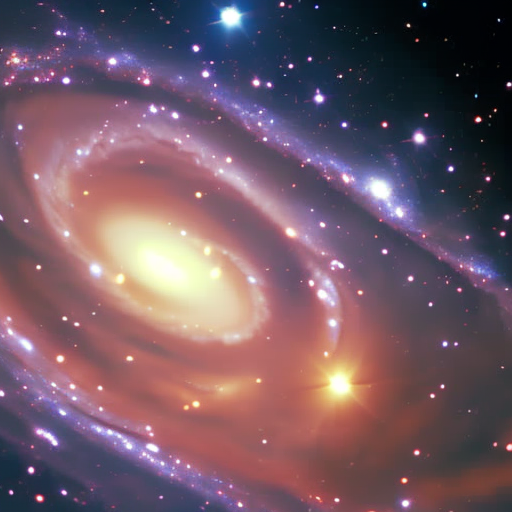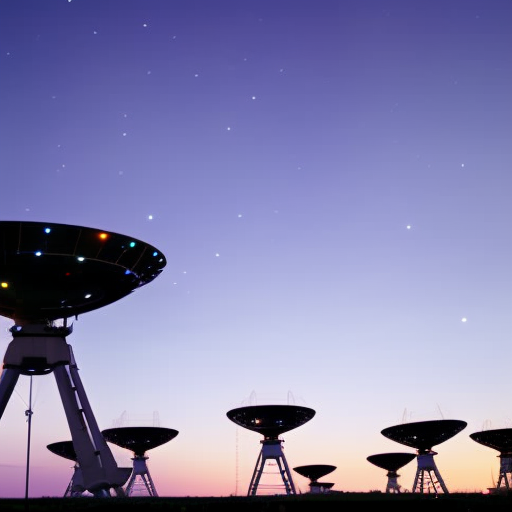Cosmology: Understanding the Universe
Cosmology is the branch of science that studies the origins, structure, and evolution of the universe as a whole. It seeks to answer fundamental questions about the nature of the universe, its composition, and how it has changed over time. By studying the cosmos on a grand scale, cosmologists aim to gain insights into the fundamental laws of physics and the nature of reality itself.
The Big Bang Theory
The prevailing theory in cosmology is the Big Bang theory, which states that the universe began as an extremely hot and dense singularity around 13.8 billion years ago. This singularity rapidly expanded, giving rise to the universe as we know it today. The evidence for the Big Bang theory comes from observations such as the cosmic microwave background radiation, the abundance of light elements, and the redshift of distant galaxies.
The Expanding Universe
One of the key discoveries in cosmology is that the universe is expanding. This was first observed by Edwin Hubble in the 1920s, who noticed that galaxies were moving away from each other. The expansion of the universe implies that in the past, everything was closer together. This has led scientists to extrapolate back in time to the initial singularity of the Big Bang.
Dark Matter and Dark Energy
Cosmologists have also discovered that the majority of the universe is composed of mysterious substances called dark matter and dark energy. Dark matter is an invisible form of matter that does not interact with light or other forms of electromagnetic radiation. It is thought to make up about 27% of the universe and plays a crucial role in the formation of galaxies and the large-scale structure of the universe.
Dark energy, on the other hand, is a form of energy that permeates all of space and is responsible for the accelerated expansion of the universe. It is believed to make up about 68% of the universe. Despite their importance, the nature of dark matter and dark energy remains largely unknown, and their discovery and understanding are active areas of research in cosmology.
Structure Formation
Cosmologists study the formation and evolution of structures in the universe, such as galaxies, galaxy clusters, and superclusters. Through computer simulations and observations, they have traced the growth of structures from the early universe to the present day. This has provided insights into the distribution of matter, the formation of cosmic web-like structures, and the processes that drive the growth of galaxies.
Cosmic Inflation
Another important concept in cosmology is cosmic inflation. According to this theory, the universe underwent a rapid expansion in the first fraction of a second after the Big Bang. This inflationary period explains several observed features of the universe, such as its overall uniformity and the absence of certain relics from the early universe. Cosmic inflation is supported by various lines of evidence, including the patterns observed in the cosmic microwave background radiation.
Future of Cosmology
Cosmology continues to be an active and vibrant field of research, with many unanswered questions and mysteries to be explored. Scientists are working on refining our understanding of dark matter and dark energy, as well as investigating the nature of the early universe and the possibility of multiple universes. New observations and experiments, such as those conducted by space telescopes and particle accelerators, are expected to provide further insights into the nature of the cosmos.
In conclusion, cosmology is a fascinating field of study that seeks to unravel the mysteries of the universe. From the origins of the universe in the Big Bang to the formation of galaxies and the nature of dark matter and dark energy, cosmologists are constantly pushing the boundaries of our knowledge. Through observations, simulations, and theoretical models, they strive to understand the fundamental laws that govern our universe and our place within it.












